
Exciting new series on “Voice, Body and Movement for Lawyers – How to connect with the jury and find Justice Through Dramatic Technique!”
Click here to find out more
As lawyers, time is our most finite resource. We have duties to our clients to ensure that their matters are handled in a timely and competent manner, but there are only so many hours in a day. Busy law firms have been relying on contract lawyers for decades to meet client needs when demand is high and time is low. Bringing in outside lawyers can implicate several important ethical rules that every firm must know.
In this program, we will discuss the duty of competence ((1.1), the duty of diligence (1.3), communications with the firm’s client (1.4), conflicts of interest (1.7, 1.10), fees charged to the client (1.5, 1.5.1), the duty to maintain client confidences (1.6), aiding and abetting the unauthorized practice of law (5.5), and how to handle malpractice insurance as it pertains to working with contract attorneys.

This program examines listening as an active, strategic trial advocacy skill rather than a passive c...
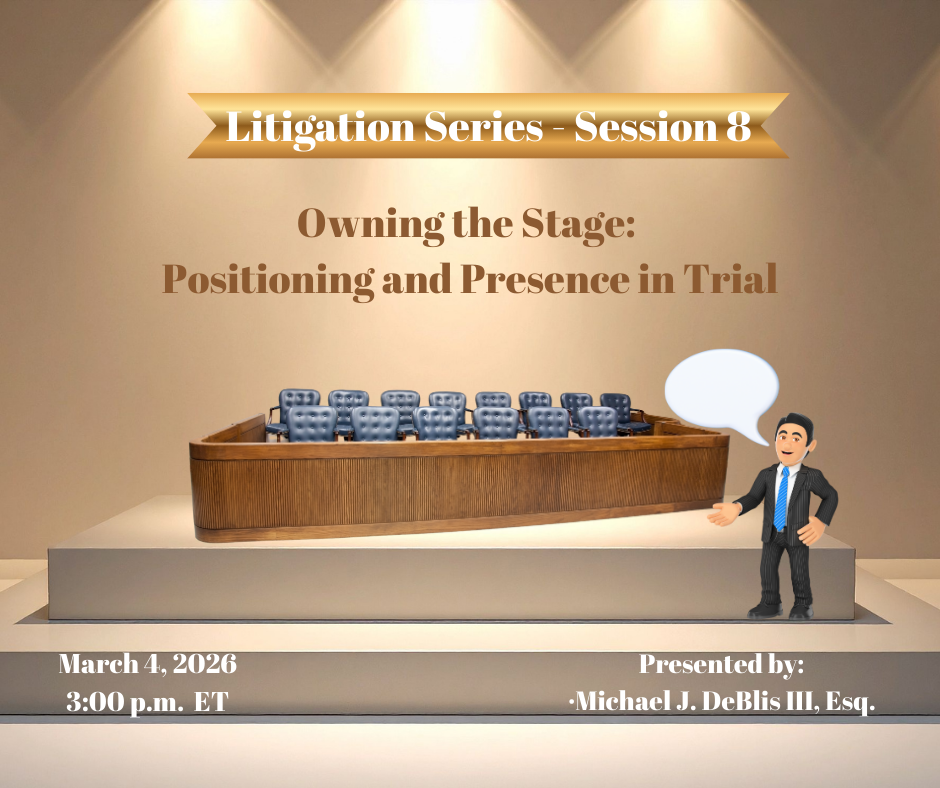
This presentation explores courtroom staging—how movement, spatial awareness, posture, and pre...

This course clarifies the distinction between profit and cash flow from a legal perspective. Attorne...
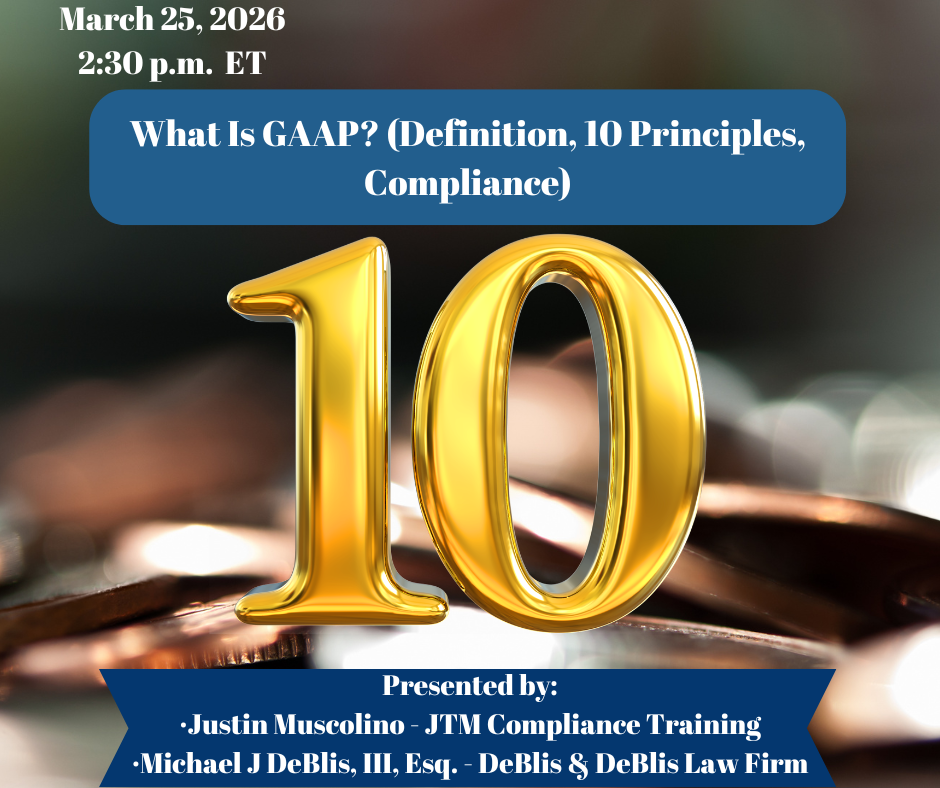
This course breaks down GAAP’s ten foundational principles and explores their compliance impli...

Attorneys hopefully recognize that, like many other professionals, their lives are filled to the bri...
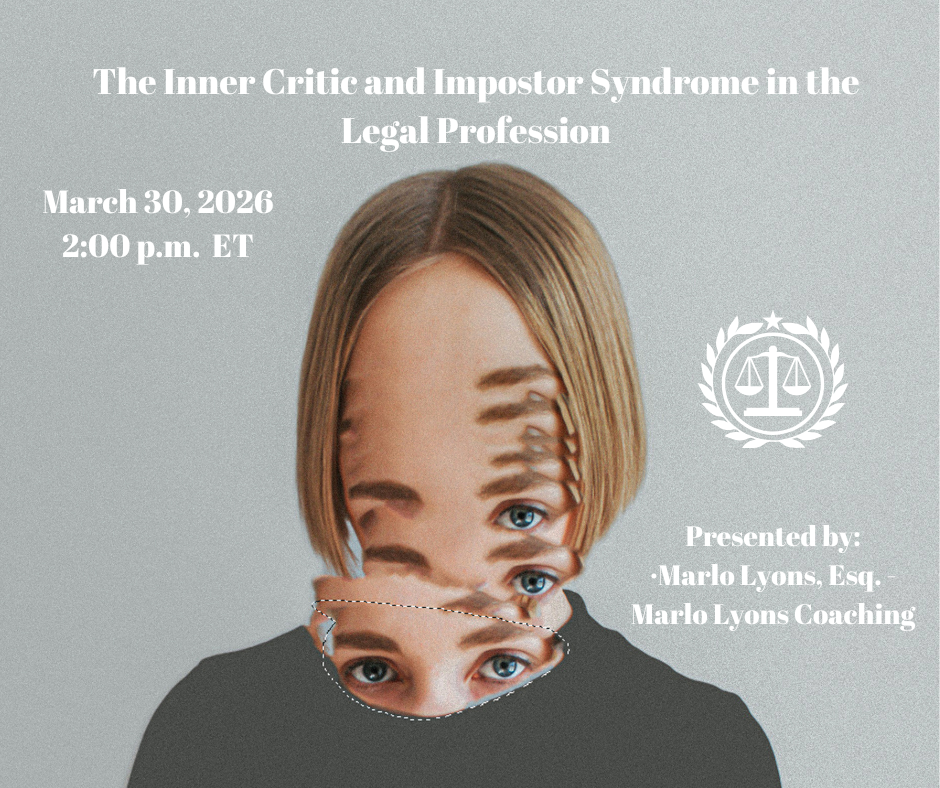
In high-stakes, high-pressure environments like the legal field, even the most accomplished professi...

This CLE session introduces attorneys to budgeting and forecasting concepts used in corporate planni...
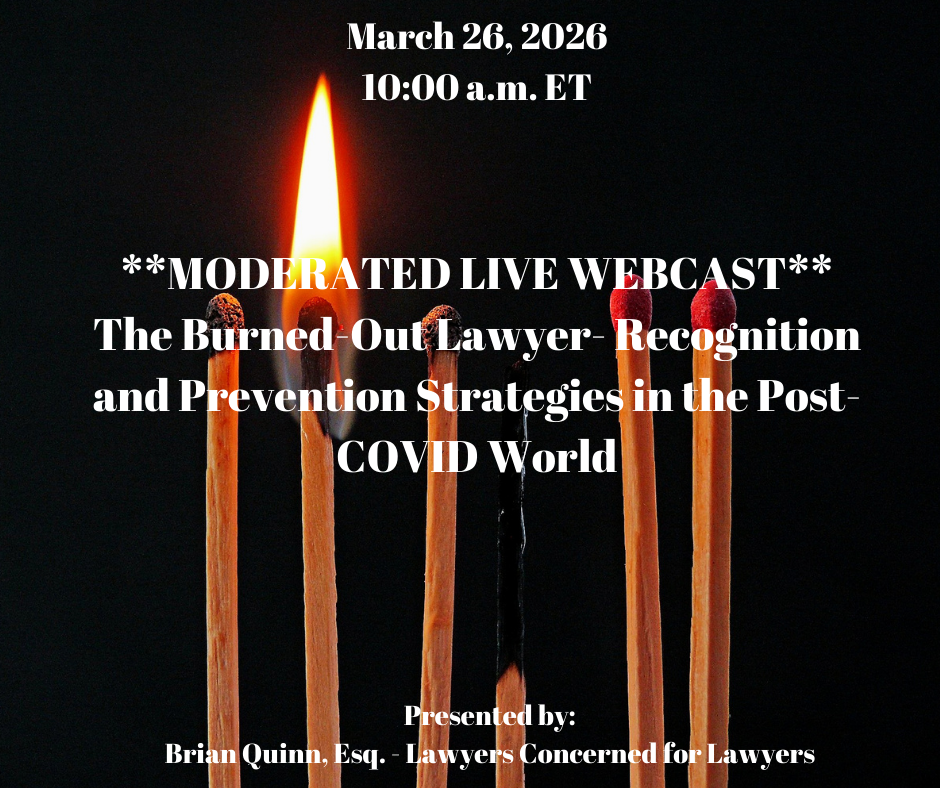
If there is one word we heard during our journey through the pandemic and continue to hear more than...
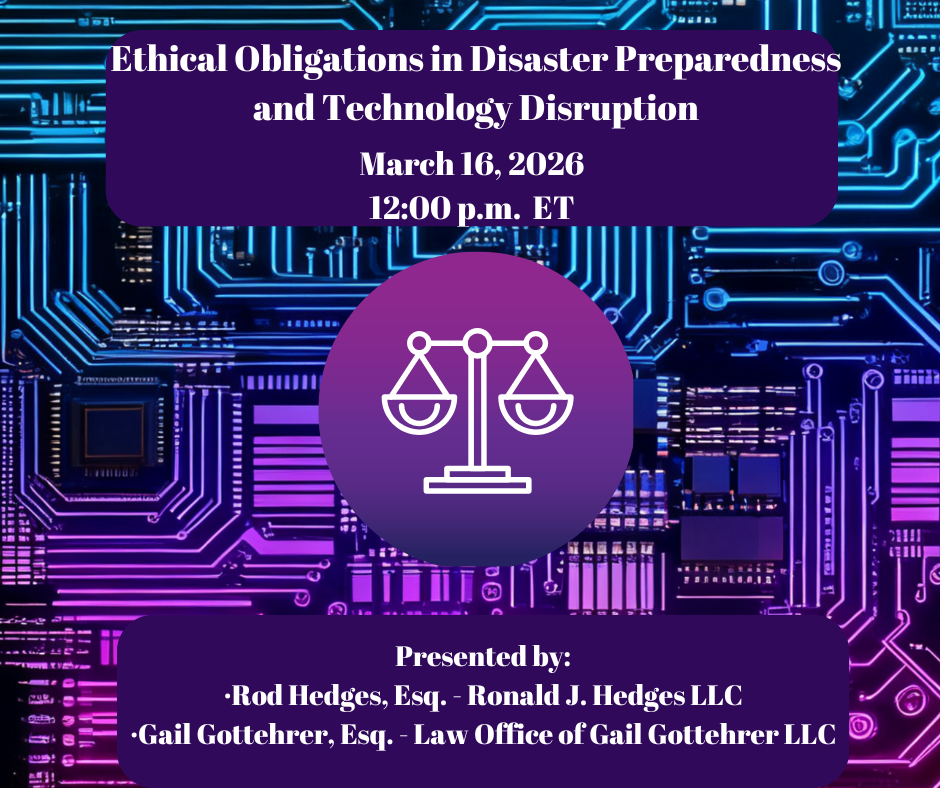
Disasters, whether natural or manmade, happen. Disasters can impact the practice of law and, among o...

This companion program to Part 1 goes deeper into the rhetorical power of Shakespeare, emphasizing h...